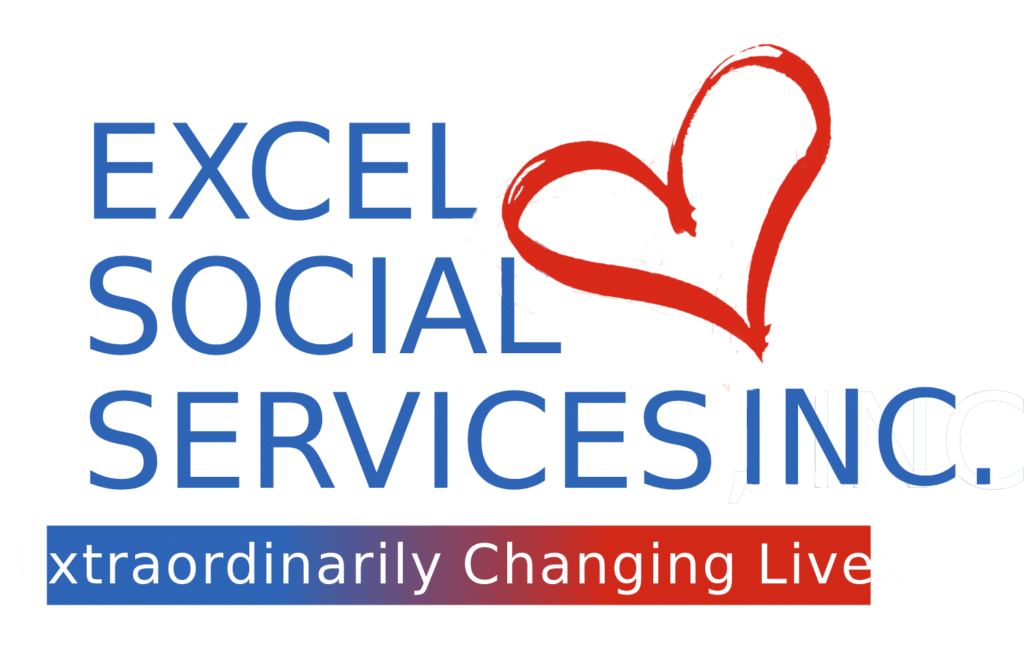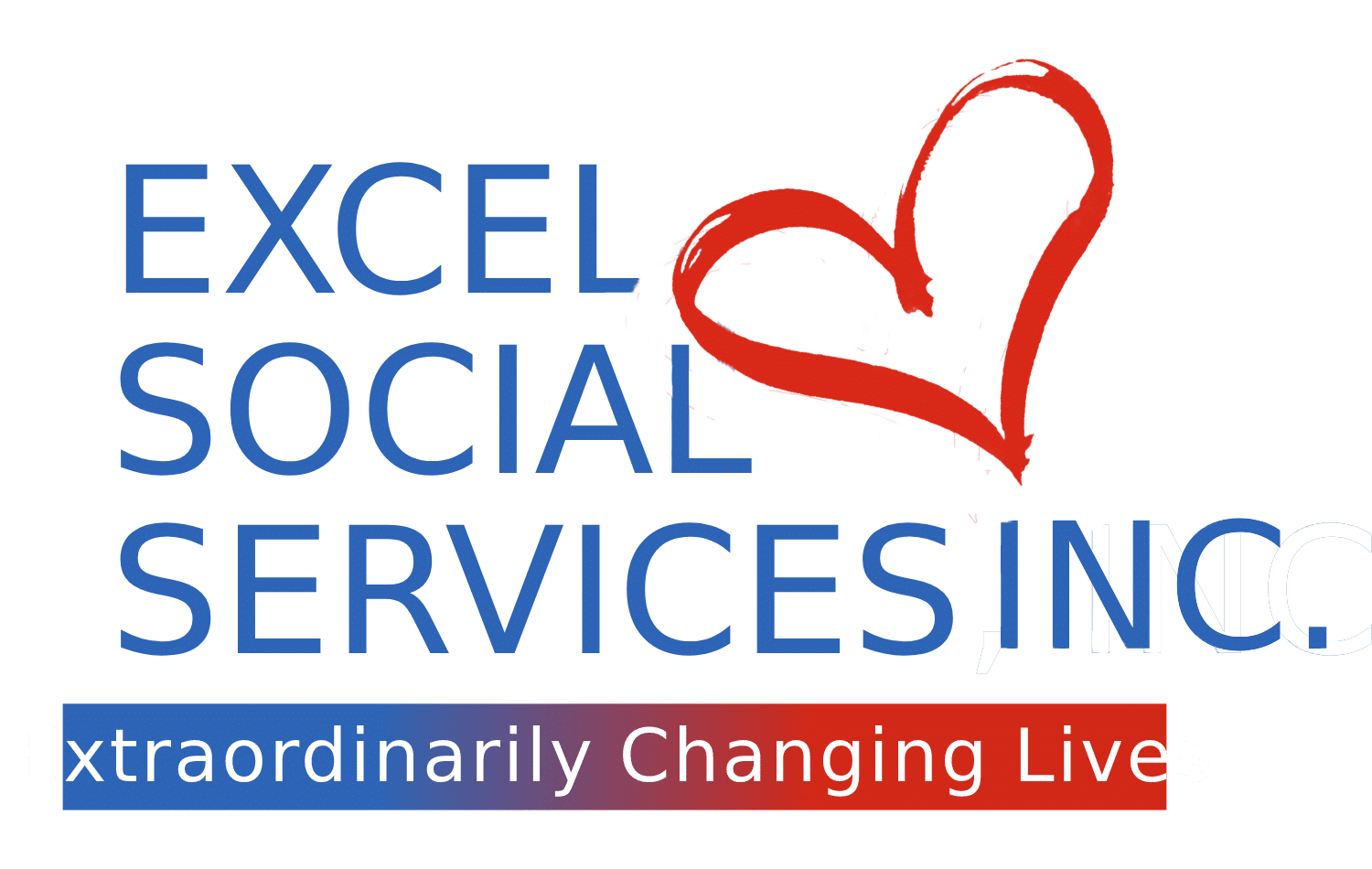Life Skills/Social Skills Training
Any skill that is useful in your life can be considered a life skill. Tying your shoelaces, swimming, driving a car and using a computer are, for most people, useful life skills. Broadly speaking, the term ‘life skills’ is usually used for any of the skills needed to deal well and effectively with the challenges of life.
Social skills are the skills we use to communicate and interact with each other, both verbally and non-verbally, through gestures, body language and our personal appearance.
Human beings are sociable creatures and we have developed many ways to communicate our messages, thoughts and feelings with others.
What is said is influenced by both verbal language and the way we use it – tone of voice, volume of speech and the words we choose – as well as by more subtle messages such as body language, gestures and other non-verbal communication methods.
The fact that some people are better ‘social interactors’ than others has led to detailed investigations into the nature and function of interpersonal interaction. Developing social skills is about being aware of how we communicate with others, the messages we send and how methods of communication can be improved to make the way we communicate more efficient and effective.

The term ‘Life Skills’ refers to the skills you need to make the most out of life.
The American Association of Addiction Medicine describes addiction as “a primary, chronic disease of brain reward, motivation, memory, and related circuitry. Dysfunction in these circuits leads to characteristic biological, psychological, social, and spiritual manifestations. This is reflected in an individual pathologically pursuing reward and/or relief by substance use and other behaviors.”
That dysfunction often includes neglecting education and employment. Those who may suffer from addiction can find themselves caught in a cycle of using, going into withdrawal, craving, and using again. In this cycle, normal responsibilities are often ignored, if not completely forgotten.
Part of building a life in recovery includes the need to focus on education and employment. Excel Social Services integrate a life and social skills focus as well as offers coaching services with trained academic and career counselors.

